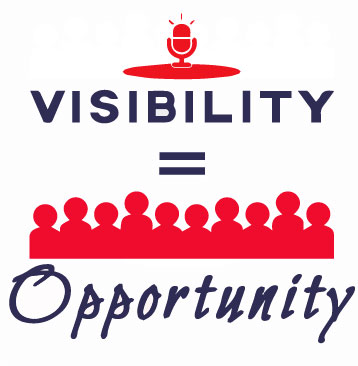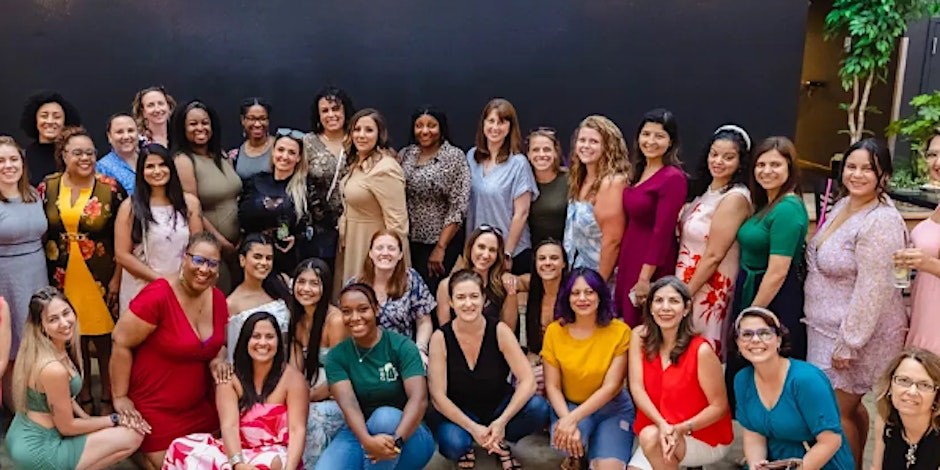
Photo by Kyle Sterk on Unsplash
“Why the heck would I put myself through that?” I get asked a variation on this question pretty frequently. (Public speaking is the top fear most people cite when asked about their fears – beating out death itself by a pretty wide margin.)
One reason is that public speaking boosts your career.
Public speaking gives you credibility – it’s an external validation of your awesomeness. Someone outside your company knows of you and likes you enough and thinks enough of you to invite you to speak at their event.
Public speaking makes you more visible. You’re more visible to the audience; you’re hard to miss at the front of the room, on that stage. But you’re also more visible to other people. They might have seen an email promoting your presence at the event. They might have seen a Tweet or a LinkedIn or Facebook post about you, your topic or your presentation. Some of those other people might be potential employers, partners, customers or industry influencers.
Public speaking can connect you with people who have the power to influence your career. You might end up sharing the stage with potential customers, partners and other influencers. Bring in that big customer and get promoted! Who me? A board seat? You’d like to interview me for your article?
And, confidence is a by-product of public speaking. Confident people are self-motivated and are willing to take risks, attractive traits in an employee. External speaking engagements lead to internal results (promotions.)
So, how do you boost your career?
- Start speaking now. Look for opportunities to share your expertise and skills. Just getting started? Look for smaller groups, meetups, panels and opportunities at schools. (Need permission from your employer? Get it! There might also be assistance and training offered. You may also want to talk with your employer about their goals – what messages do they want conveyed?)
- Keep track of your speaking opportunities – keep a list of the who, what and where of your speaking. Speaking engagements are part of your resume. And when you get your annual review, bring out your list.
- Create a signature talk – become known for something specific. Start to build your brand.
- Share your speaking engagements on social media. In addition to helping event managers promote the events, you also become known for speaking. Speaking begets speaking. The more you speak; the more you will speak.


